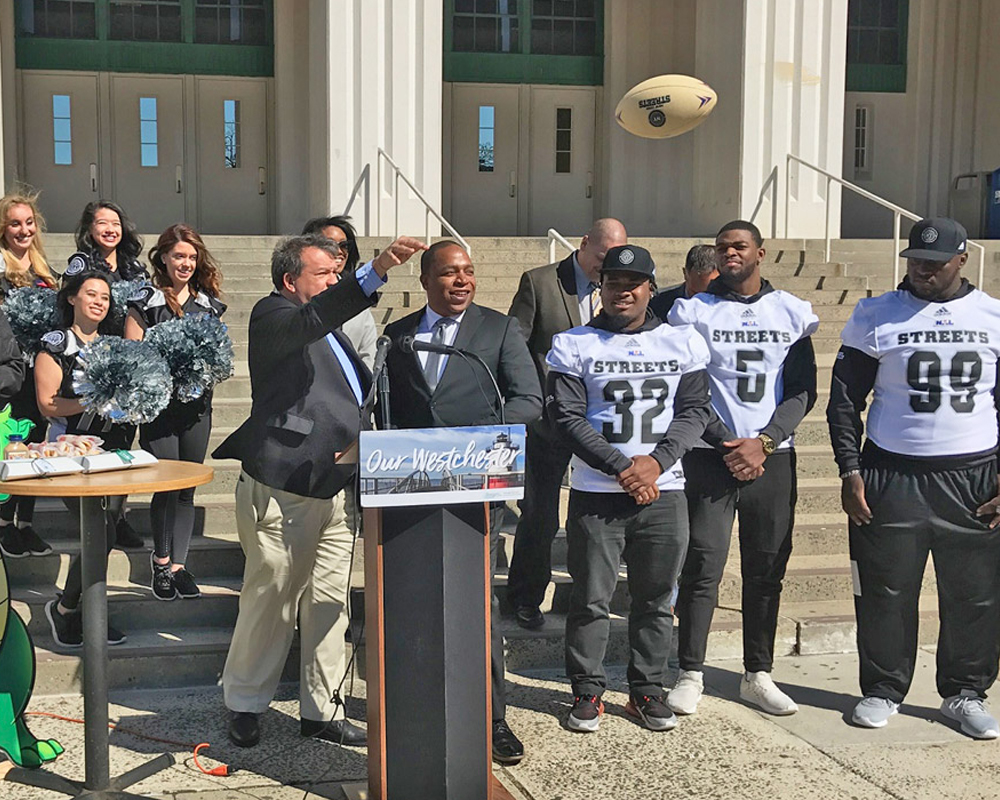 The Connecticut Department of Public Health is making preparations for potential strikes at 20 nursing homes following official notices that a labor strike could begin as early as 6 a.m. on May 1.
The Connecticut Department of Public Health is making preparations for potential strikes at 20 nursing homes following official notices that a labor strike could begin as early as 6 a.m. on May 1.
As reported yesterday, more than 2,500 workers at the Connecticut nursing homes ”“ which include Autumn Lake Healthcare at Norwalk ”“ are seeking raises of 4 percent in 2019 and another 4 percent in 2020. The proposed 2019-20 state budget does not include funding for such increases.
According to state and federal laws, the Connecticut DPH has two primary responsibilities related to labor actions at licensed nursing care facilities: reviewing and approving the credentials of all replacement workers that the facilities wish to hire to offset loss of personnel due to the strike, and conducting unannounced daily site visits to every affected nursing home to ensure that quality standards for safety and patient care are being upheld.
As part of the inspection process, department inspectors will review staffing, observe patient care, review medical records and ensure that adequate supplies are available.
“We at the Department of Public Health are hoping that both labor and management at these nursing homes can come to agreement so a strike can be avoided,” said Connecticut DPH Commissioner Renée D. Coleman-Mitchell, “but if a strike occurs, we will be ready to do our duty in accordance with state and federal law.”
Coleman-Mitchell said the department is already reviewing credentials of potential replacement workers and is preparing to conduct the required health and safety inspections.
“We want to reassure families of patients who might be impacted that we will be vigilant and do what is necessary to make sure your loved ones are receiving proper care for the duration of this labor action,” she said.
Pursuant to Connecticut law, nursing care facilities are required to submit strike contingency plans to DPH at least five days prior to the beginning of a strike. The agency is required to review those plans to determine if facilities have made adequate arrangements to continue providing patients with uninterrupted services during any strike action.
Should noncompliance or other violations occur, DPH can impose sanctions up to and including prohibiting nursing homes from admitting new patients, and limiting the license of a nursing home in any aspect, such as reducing licensed capacity or ordering the emergency transfer of patients from a nursing home to another nursing home or hospital.
In extreme cases the department can petition a Superior Court judge to appoint a receiver to oversee all operations at a particular facility if conditions are found to jeopardize the health, safety and welfare of patients.
The potential strike could impact nearly 3,000 nursing home patients in facilities throughout the state.



















